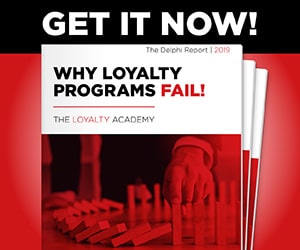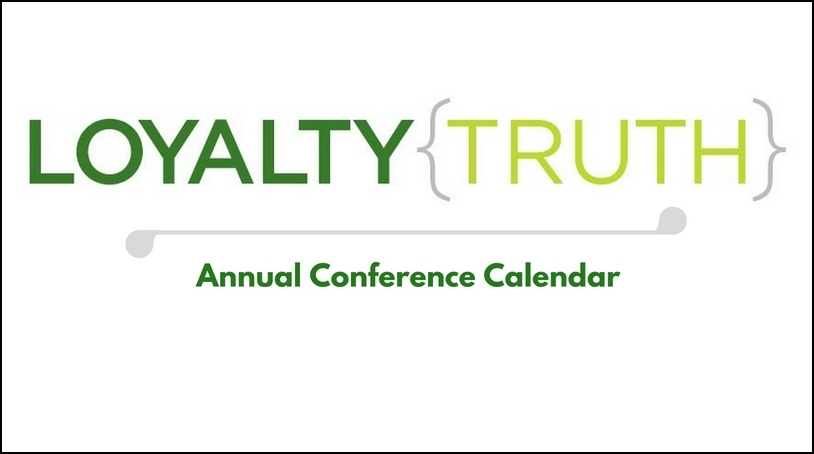The worlds of payments and loyalty have always been linked, almost like relatives in a family that can’t be denied despite stark notation of their differences.
At the recent Loyalty Expo conference, a panel of business leaders from Citi Retail Services, OfficeMax, The Home Depot, and Macy’s, gathered to discuss the convergence of payments and loyalty and how the partnership between big retail and those that issue credit and private label credit cards is becoming more important each day.
This two part article addresses this convergence, first through coverage of the panel discussion that took place at Loyalty Expo, followed by an interview with Leslie McNamara, Executive Vice President, Partner Management, Citi RetailServices, who spoke in greater detail about her perspectives on the business.
The panel discussion began with participants acknowledging the recent wave of credit card legislative reform, a recovering economy in which consumer appetite for credit is still evolving, and increasing momentum for the retail industry as it seeks to reduce its payment processing costs.
In the aftermath of implementation of the Credit Card Act of 2009 and the Durbin Amendment, private label cards had come under particular pressure. Many voices in the cards industry were predicting that a horizon loomed for PLCC, if not signifying the end of the product life, at least thinking that it would be marginalized as a marketing tool for retailers.
Brandon Hayes Director, Financial Services, The Home Depot tackled this question straight away saying that “cards can help fulfil the consumer dream and enable purchases that otherwise would not be made”. The opportunity to position the private label store charge card as part of the customer experience and as friend rather than foe to the customer was something each panellist had on their mind.
Highlighting the value of private label credit, Leslie McNamara, EVP Partner Management, Citi Retail Services pointed out that only through PLCC can the retailer develop a true 360 view of the customer, rich with more product level details than ever being catalogued from the purchase transaction stream. Arnold Lewis, Vice President of Customer Loyalty and Rewards, Macy’s agreed adding that while PLCC can serve to reduce cost and serve other infrastructure needs, they should first be positioned to drive business results.
The discussion turned to the opportunities for retailers to integrate payments and loyalty to achieve better business results with panellists speculating at the organizations to watch as innovators and loyalty enablers.
Citi has made conscious strides to expand their card based value propositions beyond points and discounts to emphasize the experiential aspect of the loyalty programs they connect with, while Home Depot mentioned its use of customer purchase data to predetermine which items are “next to buy” and push offers to people in their stores. The Home Depot is also a leader in accepting alternate forms of payment, and is testing offers triggered when PayPal is elected as the payment method.
The discussions were among the most valuable at the conference as multiple national retailers have banded together under the Merchant Customer Exchange (MCX) banner in hopes of identifying an alternate payment system to the four largest networks in operation today.
Signs of cooperation between issuers and retailers were in evidence and our interview with Leslie McNamara of Citi Retail Services shared as Part 2 tomorrow provides great examples of how one of the largest issuers of PLCC cards in the US is addressing new opportunities for cooperation with its retail customers.




